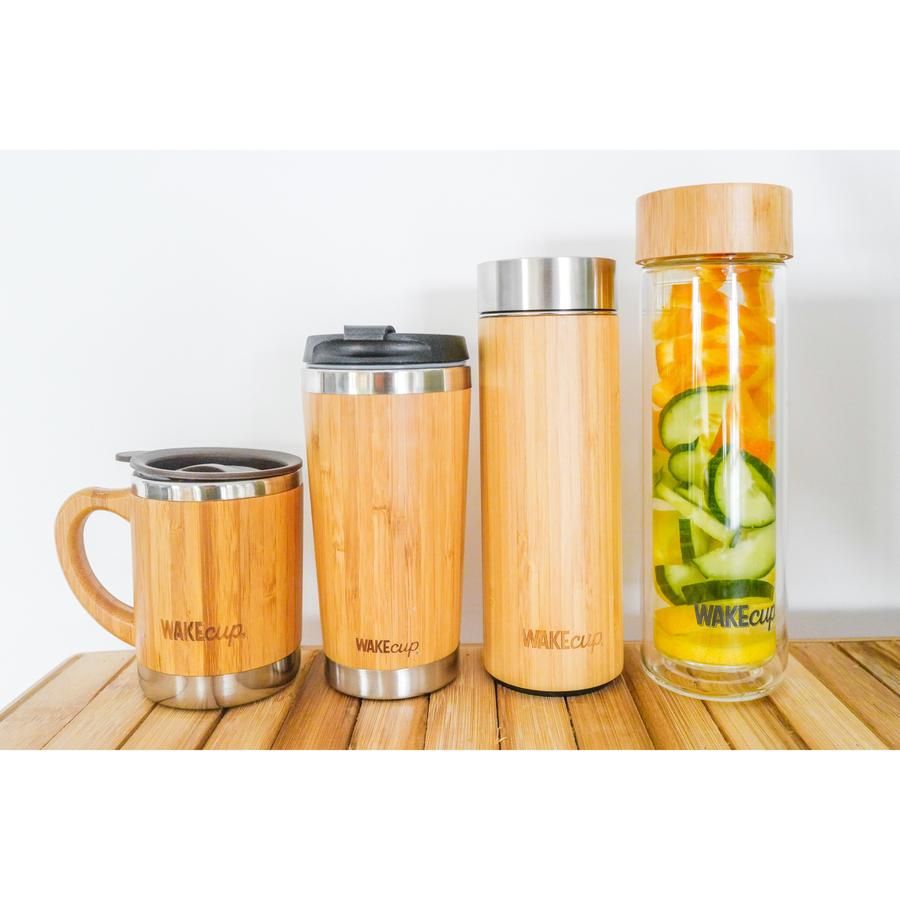
How Reusing Just 10% Could Keep Nearly Half of Plastic Waste Out of Our Oceans
- By apentengcollins
- August 27, 2024

The waste we produce is becoming an ever-growing threat to our planet, with serious consequences for our ecosystems and economies. It’s staggering to realize that the amount of solid waste humanity generates has skyrocketed from 25 billion tons in 1990 to a whopping 86 billion tons by 2020. And it doesn’t stop there—if things continue as they are, we’re looking at 140 billion tons by 2050.
What’s driving this increase isn’t just population growth. It’s our reliance on disposable goods—a system that prioritizes convenience over long-term sustainability. Think about it: Half of all plastic produced today is for single-use items. And just how “single-use” are we talking? The average lifespan of a disposable plastic shopping bag is a mere 15 minutes!
So, what can we do? The World Economic Forum’s Future of Reusable Consumption Models report, created in collaboration with Kearney, offers some hope. It highlights the need to move from a wasteful “linear” economy—where products go from creation to use to landfill—to a “circular” economy, where items are reused or recycled indefinitely. This shift isn’t just about being green; it can also create value across the economy.
Right now, only about 14% of our plastic waste gets recycled, and even then, just 2% is “effectively recycled” into equally useful items. The rest is often downcycled into something less useful, only to end up in a landfill or the ocean after one cycle. Clearly, we need to focus on eliminating waste altogether, not just managing it.
The good news is that companies are starting to take notice. Take Loop, a subsidiary of TerraCycle, for example. Loop is partnering with big-name retailers to let customers borrow packaging that can be used 20 to 100 times before being recycled. Another innovative company is Chilean startup Algramo, which has expanded to the US with a clever refill-on-the-go system, allowing customers to refill containers with products from brands like Clorox and Pine-Sol.
Governments and NGOs are also getting in on the action. The New Plastics Economy Global Commitment, organized by the Ellen MacArthur Foundation, is uniting businesses and governments to tackle plastic waste at the source. Local initiatives, like Seoul’s Share Hub and ReLondon, are also showing how cities can play a role in advancing these circular solutions.
But scaling these efforts is where the real challenge—and opportunity—lies. Large-scale reuse programs can create value that small-scale efforts simply can’t match. To get there, we need commitment from all sides: businesses, governments, and even us as consumers. The report envisions a future where, by 2030, at least 10% of all packaging could be reusable, which would keep a significant amount of plastic out of our oceans. In a best-case scenario, we could shift 26–46 million metric tons of plastic away from disposables, virtually eliminating plastic waste from our seas.
The time to act is now. With the right mix of innovation, commitment, and collaboration, we can usher in a new era of sustainable consumption. It won’t be easy, but the impact could be as revolutionary as any of the Industrial Revolutions—only this time, it’s our planet that stands to gain the most.
Source: World Economic Forum
Connect with us on Instagram